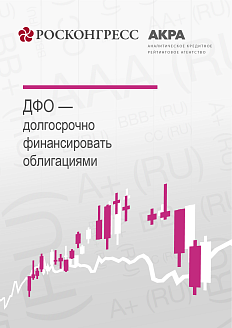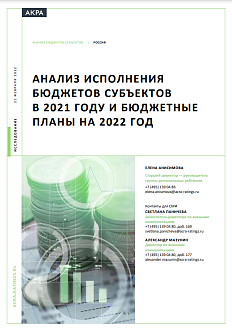According to the European Rating Agency (ERA) analysts, the EU countries have developed the strongest global fiscal framework. They use three types of fiscal rules: budget rules setting limits on government structural deficits (typically 0.5% GDP), debt rules setting limits on debt-to-GDP ratios (60%), and expenditure rules setting targets for the growth of government expenditures (based on the growth of potential GDP).
Eurozone countries have stronger fiscal frameworks. They all have at least a budget rule incorporated in their national legislatures. Some non-eurozone countries voluntarily opted to join the eurozone fiscal framework. Three non-eurozone countries, however, have no adequate fiscal rules at all.
Strength of the fiscal rules is highest in Italy and Spain. Bulgaria and Estonia are in third place. The weakest frameworks are present in the United Kingdom and Hungary.
.png)
Based on their research, the experts have come to a conclusion that strong debt rules do not guarantee sound public finances. The relationship between the strength of the debt rules and the compliance with the EU benchmarks is very weak. According to ERAs assessments, fiscal rule has a positive influence on sovereign creditworthiness but the experts also analyze the willingness of the governments to exploit the flexibilities of fiscal rules when assessing sovereign creditworthiness.
The authors also state that governments are less willing to comply with fiscal rules when unemployment is high. In fact, unemployment rate is the single biggest factor explaining the discrepancy between the fiscal rules strength and compliance with those fiscal rules.






